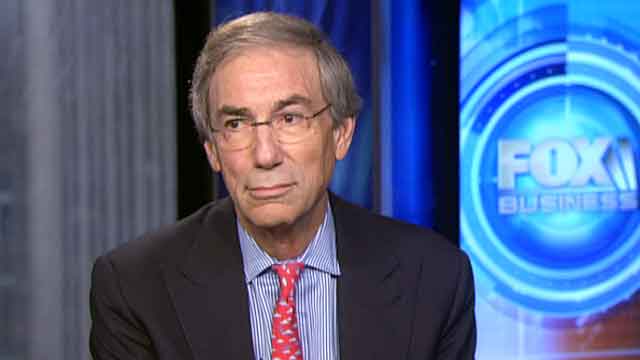A new low cost approach to cancer treatment
Northwest Biotherapeutics says it has a breakthrough, lower-cost way to treat cancer, with personalized immune therapies
With health care costs on the rise, doctors and researchers are hard at work trying to find new treatments that are low cost and effective – and Northwest Biotherapeutics claims to have a new cancer treatment that fulfills both of these requirements.
Northwest Biotherapeutics (NW Bio) has developed DCVax personalized immune therapies for cancer, which they say can significantly extend survival rates for patients without toxicity and with lower cost than most new cancer drugs.
“What we are developing is a system whereby your immune system, which is the strongest possible agent for dealing with any disease, is turned back on to go after the individual’s cancer,” said Leslie J. Goldman, senior vice president of business development for NW Bio.
According to Goldman, the process begins with extracting a tumor from a patient. Then, rather than throw it out, NW Bio sends the tumor to a facility that removes all of the tumor’s biomarkers, which the immune system has failed to target. Next, researchers draw blood from the same patient and identify the dendritic cells, which are vital to the immune system. They use these cells in combination with the tumor’s biomarkers to develop a shot, which is then injected in the patient’s arm 11 times over a three-year period.
“They go after nothing but the cancer,” said Goldman. “So what we have is something that’s non-toxic – because it’s not going after anything else and hurting it – far cheaper, much more effective. We’re adding years of survival and (lowering) recurrence compared to chemotherapy.”
Though pricing for the treatment has not yet been finalized, Goldman estimates the cost will run around $40,000 – which is half the price of most chemotherapy treatments.
“We want it to be available to as many people as possible,” said Goldman.
NW Bio is currenlty in Phase III clinical trial with 314 patients at around 80 sites in the U.S. and Europe. Phase I/II trials were considered great successes.
“We have several patients from the original trials we started in the early 2000s that are out 10 and 11 years, and the normal would be 2 or 3 percent,” said Goldman. “One-third of everybody who took the vaccine is still alive after four years, and 27 percent are still alive after 6 years. Those are very significant figures.”
Goldman says the company aims to begin commercialization by the end of 2014.









































